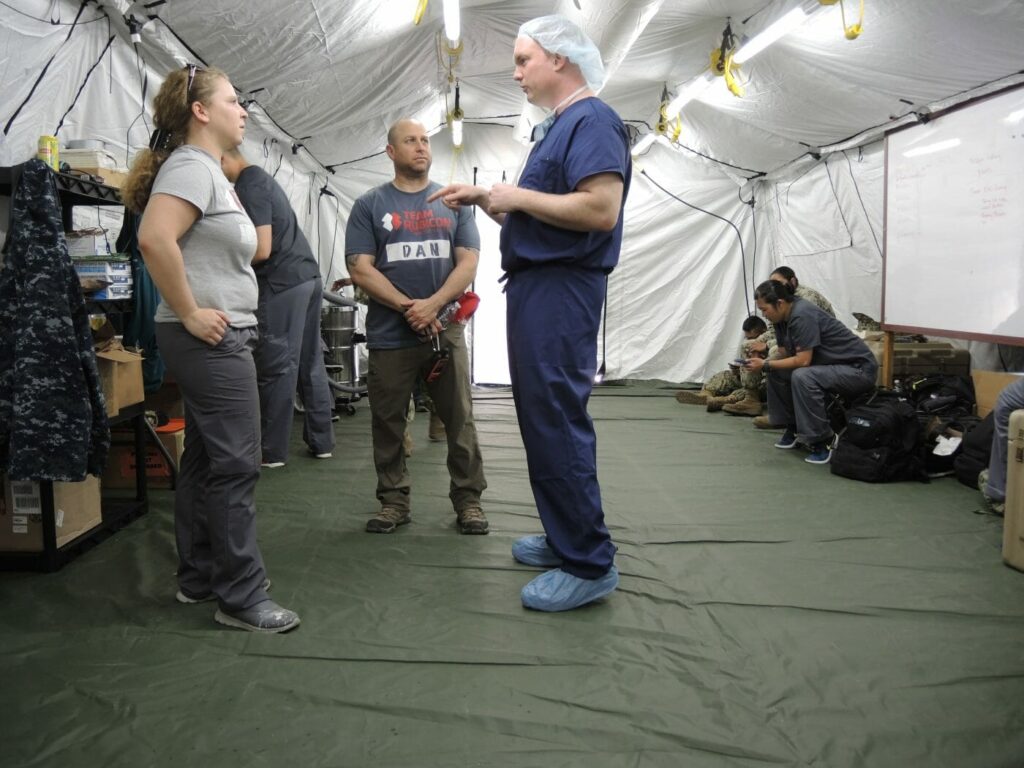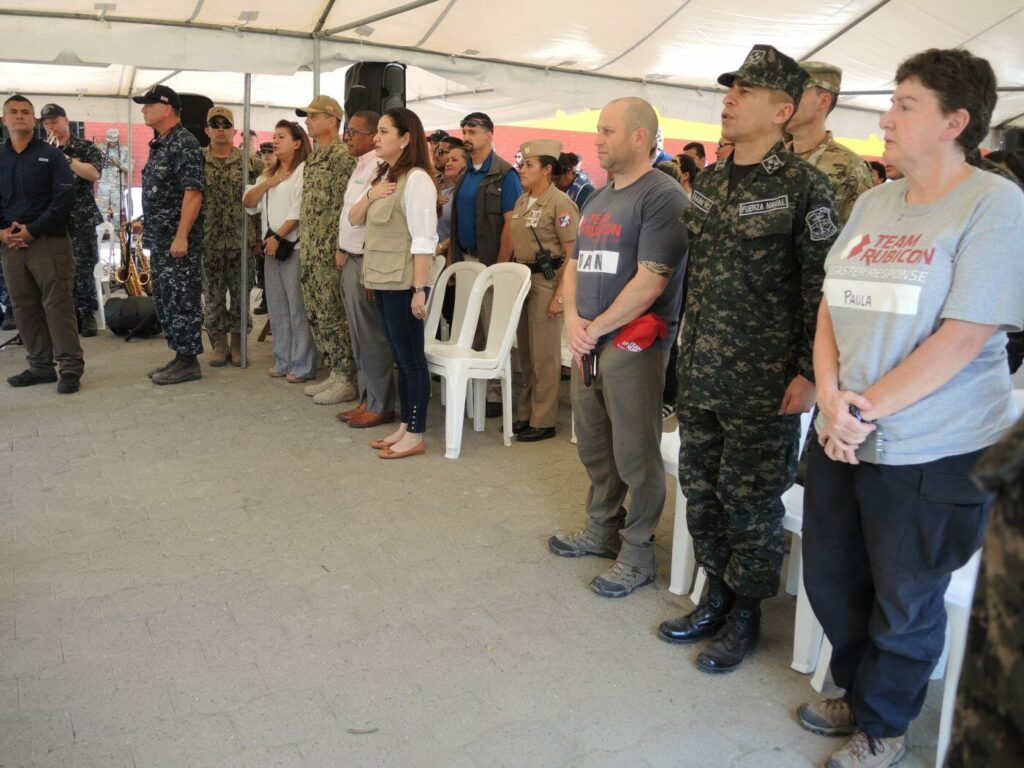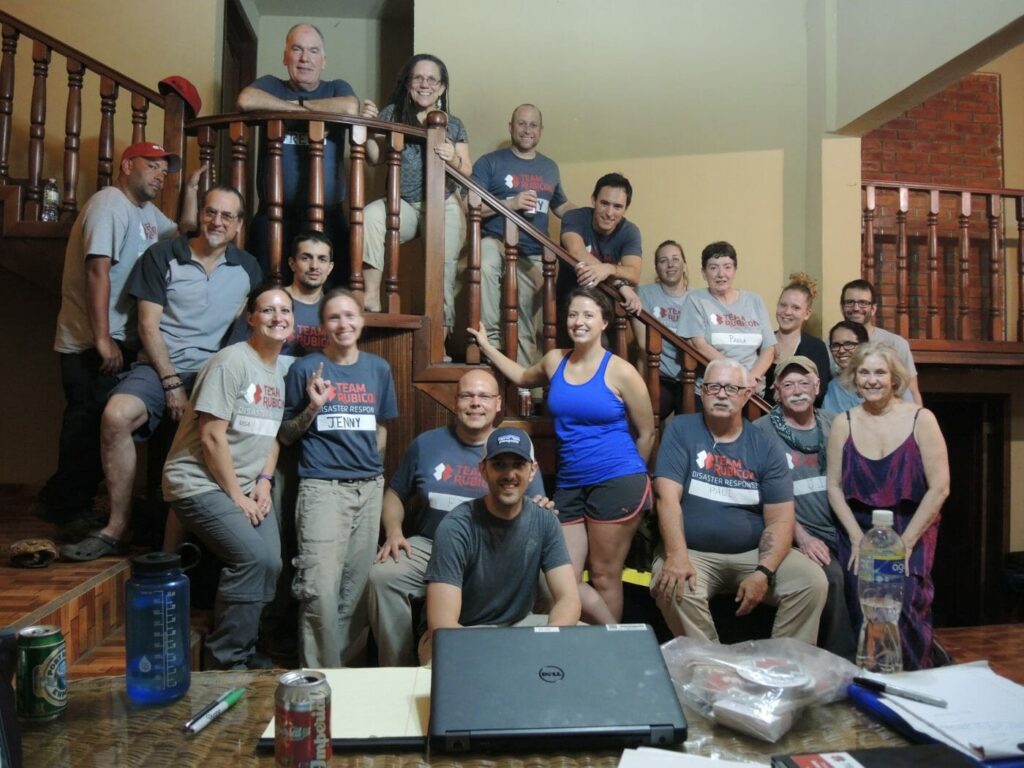As I prepared to leave Operation Continuing Promise in Honduras, I found myself asking the same questions I always do when I leave a disaster or humanitarian mission. Did we do enough? Did we make a difference? Is it better now than it was before we came?

These questions are always hard to answer with such immediacy; however, as I look back at our team, it dawns on me that the unequivocal answer is yes. Even when spending time thinking about our impact on the Honduran population, we can answer these questions in the context of their impact on us.

We did plenty for each other, made a difference in each other’s lives, and we’re all better now than we were before we arrived. The Team Rubicon volunteers that deployed were efficient, smart, affable, and compassionate representatives of our brand.
They were often tasked with roles that fell far outside of their typical skillsets, but they were perseverant and determined to make an impact on the community. They were flexible and optimistic, even in the face of the adversity.

We all came to serve, and it was refreshing to be surrounded by such selfless and talented people. They took time off of work and left their families behind to come to a foreign country and help people they’ve never met. They are selfless servants and I’m proud to have worked beside them. The relationships we created with the Honduran population, the US Navy, and all stakeholders in this region will have a lasting impact.



